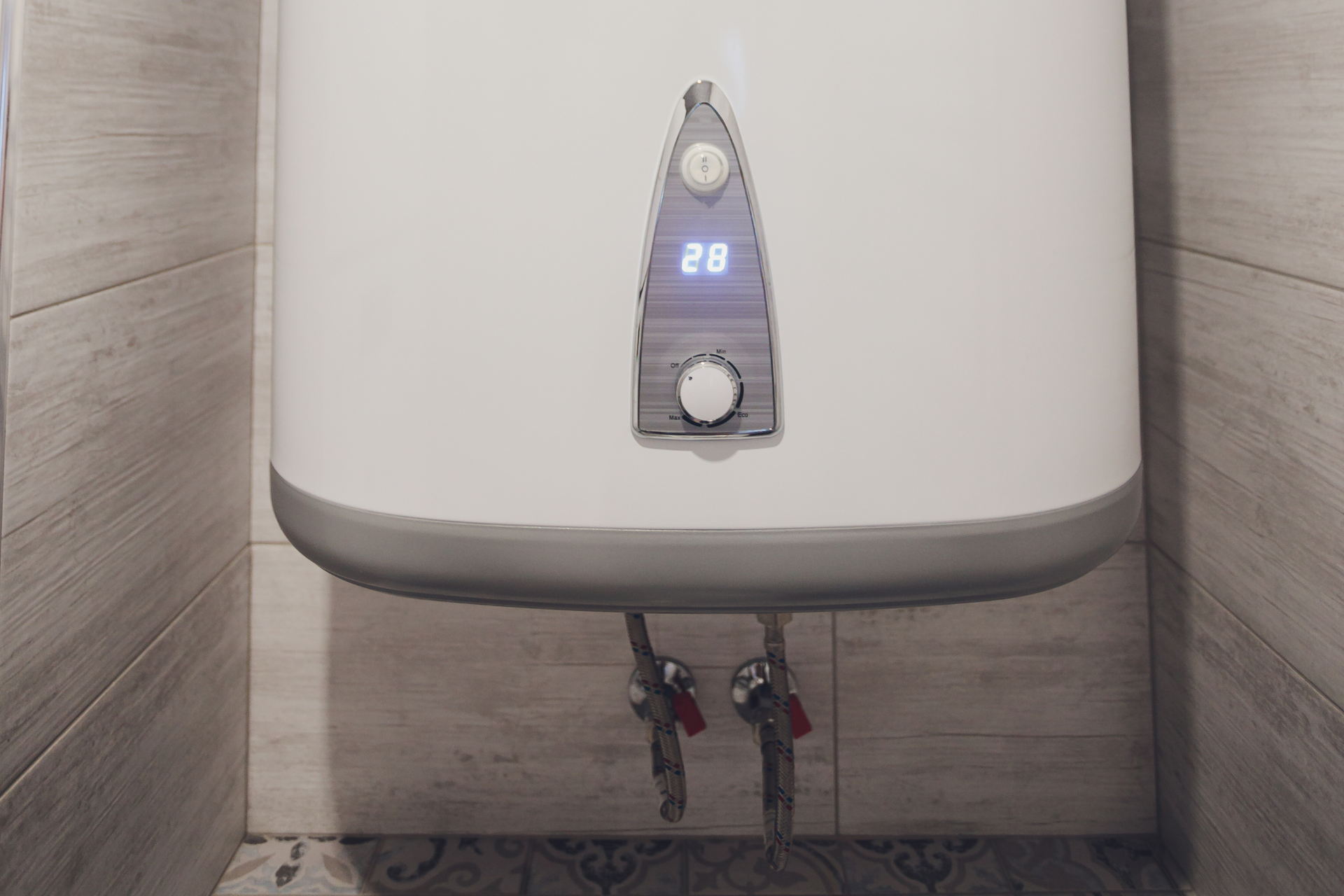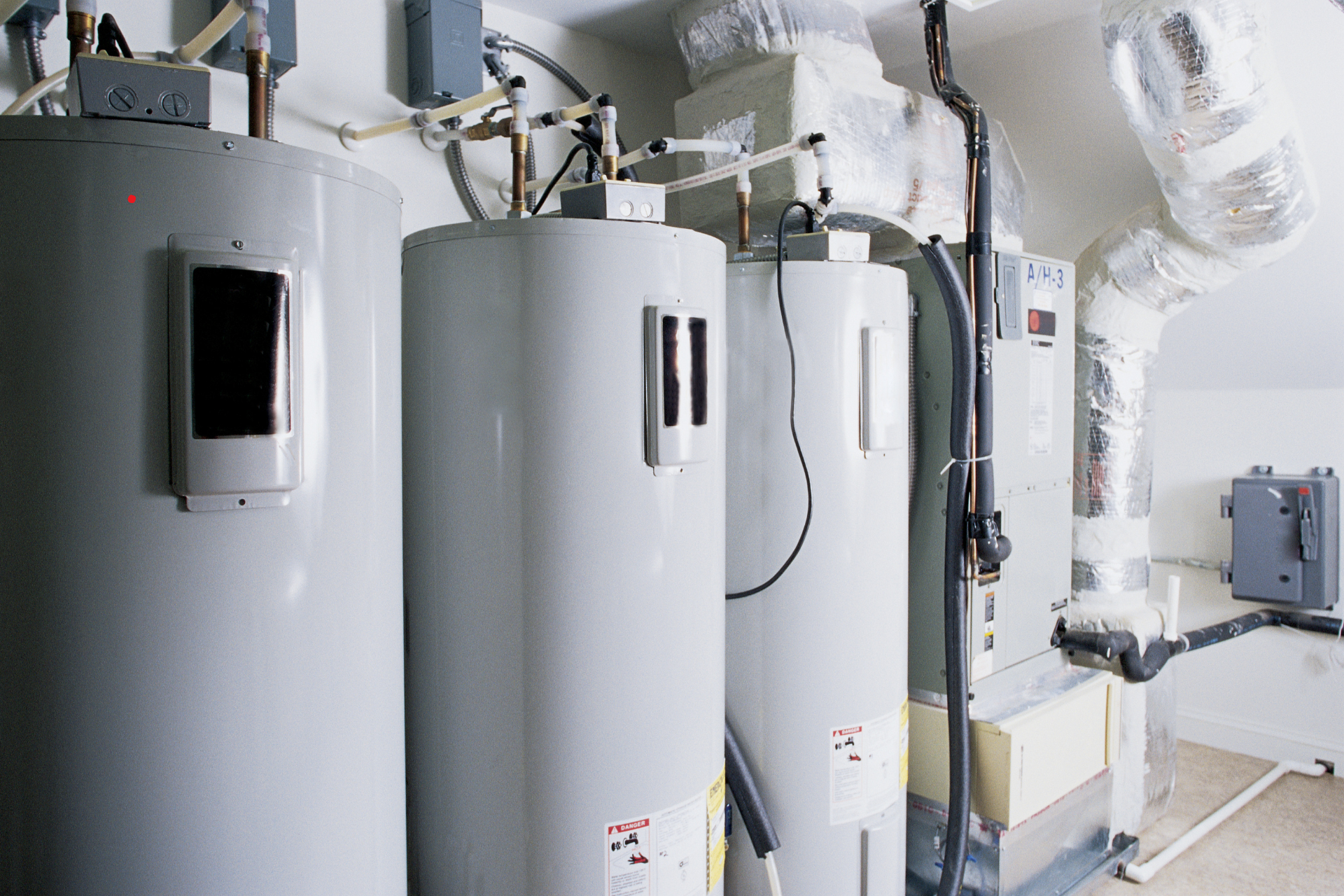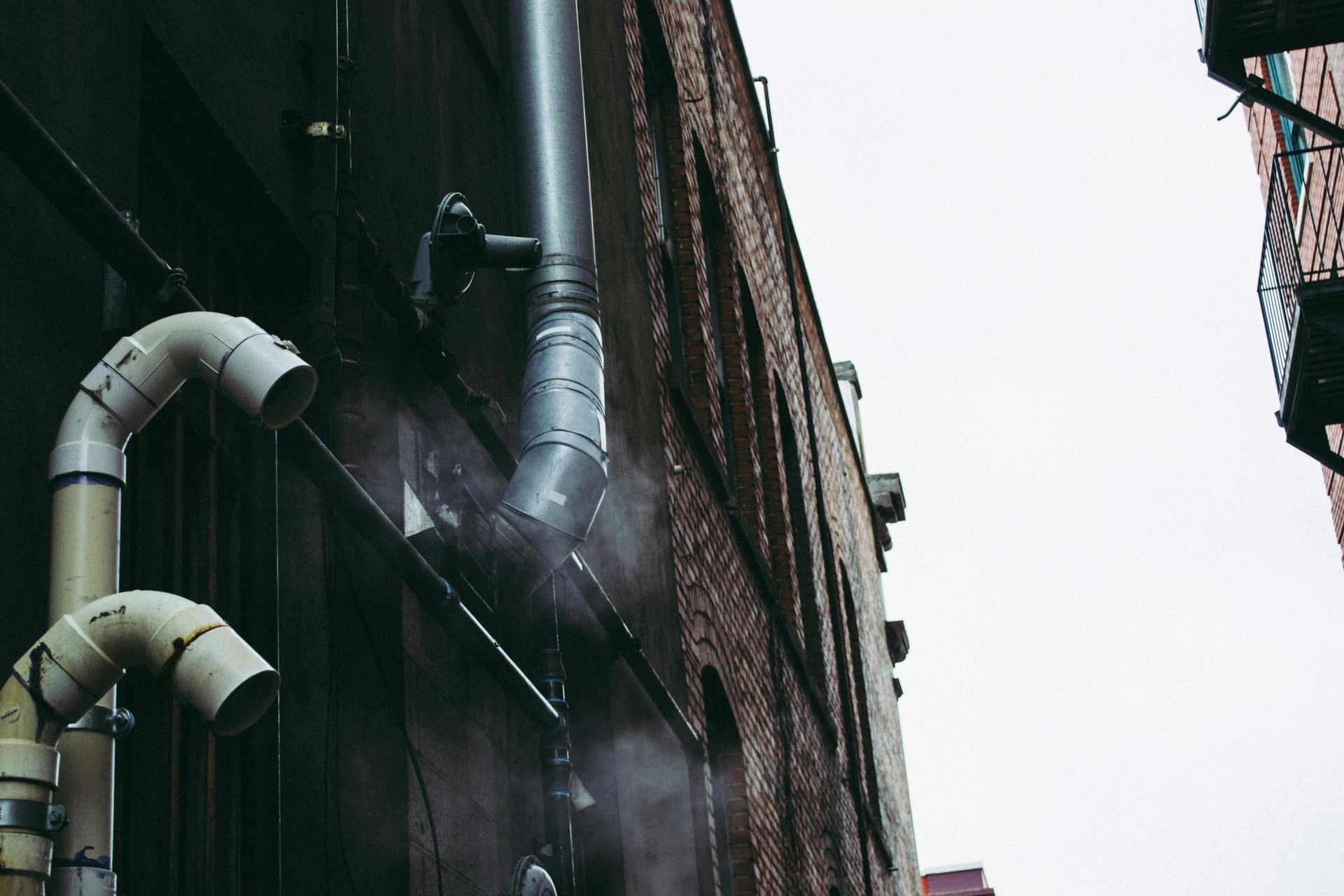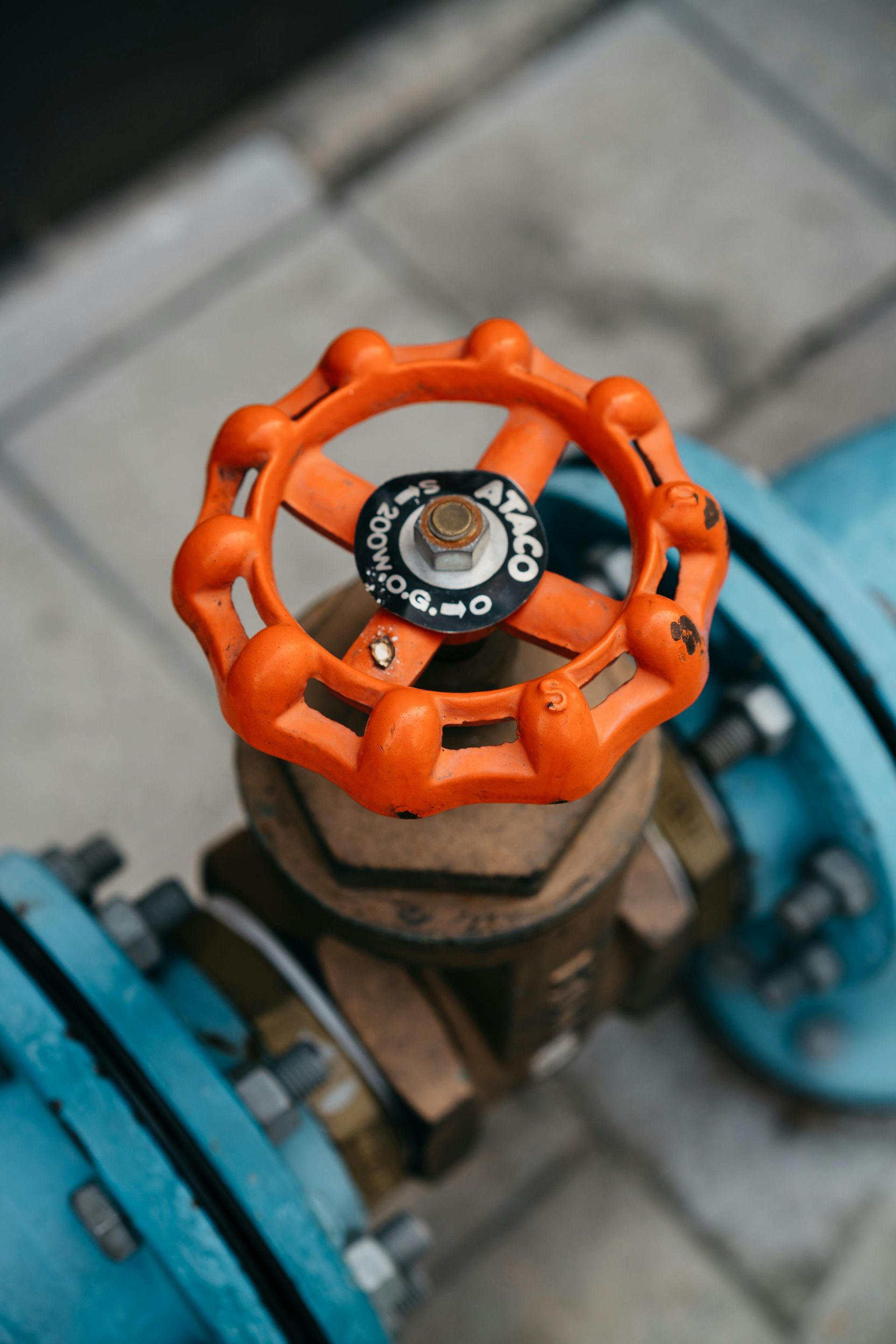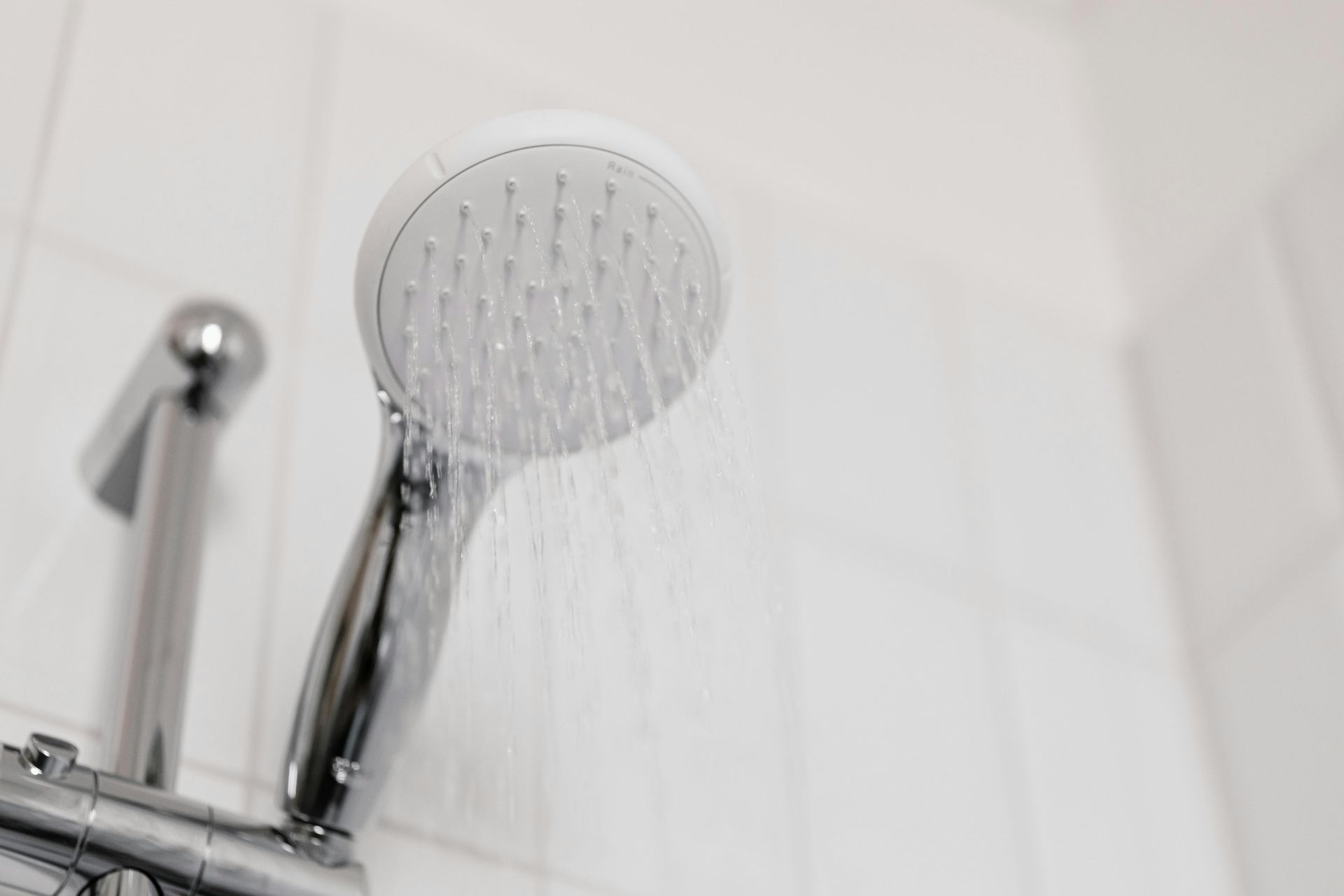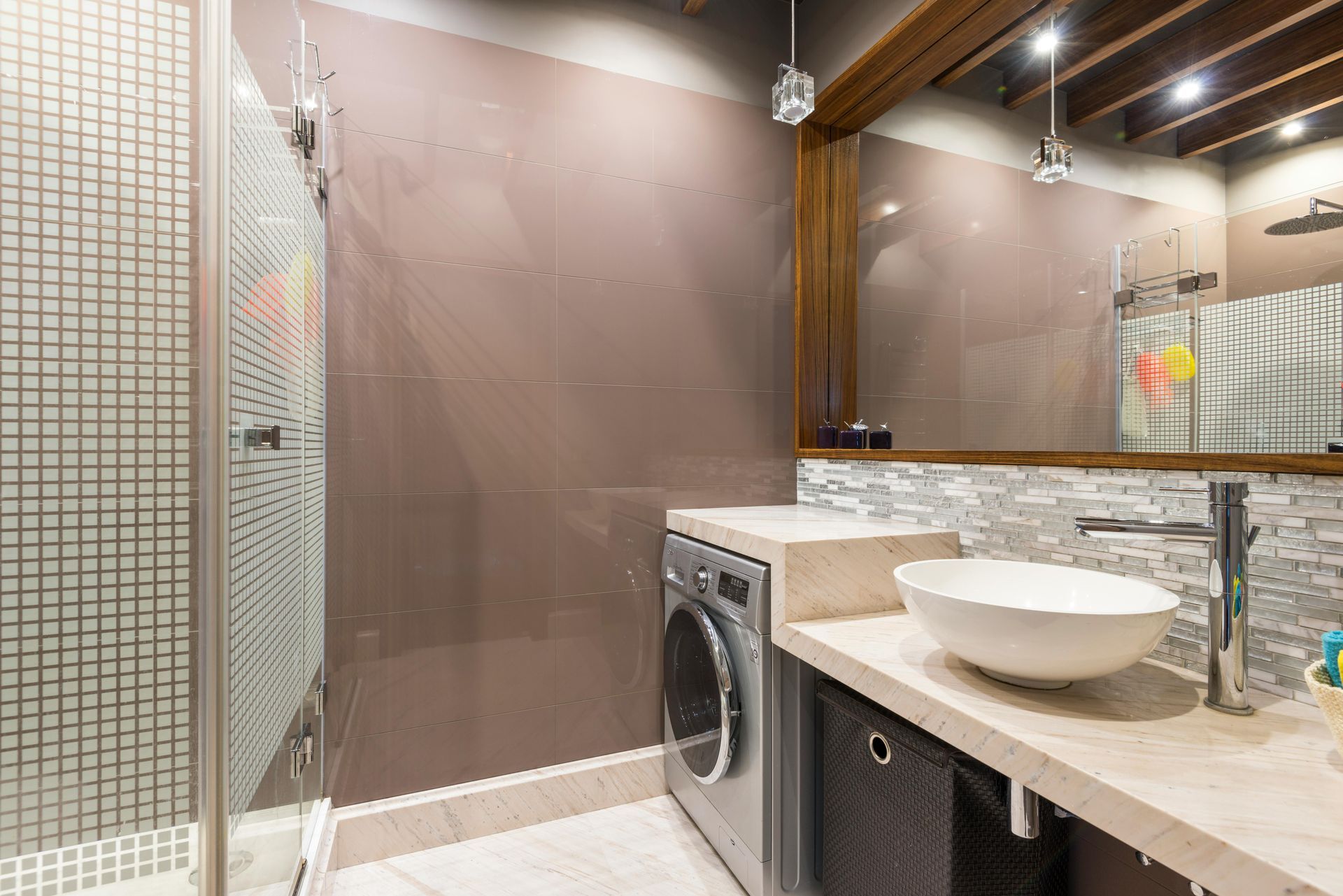How Hard Is Chicago’s Water and What Does It Mean for Your Home?
If you've ever noticed white spots on your dishes, mineral buildup on your faucets, or soap that doesn’t lather well, you're likely dealing with hard water. In many U.S. cities, water hardness varies widely—and Chicago is no exception. But is Chicago water hard or soft? And how does that affect your plumbing, appliances, and daily life?
In this article, we explain what water hardness is, how Chicago’s water ranks, and why it matters to homeowners and residents alike.
What Is Water Hardness?
Water hardness refers to the concentration of dissolved minerals—primarily calcium and magnesium—in a water supply. The more of these minerals present, the "harder" the water is considered.
Water hardness is commonly measured in:
- Milligrams per liter (mg/L) or parts per million (ppm)
- Grains per gallon (gpg) – where 1 gpg = 17.1 ppm
According to general water quality standards:
Hardness Level:
- Soft: 0–60 ppm (mg/L) | 0–3.5 gpg
- Moderately Hard: 61–120 ppm (mg/L) | 3.6–7.0 gpg
- Hard: 121–180 ppm (mg/L) | 7.1–10.5 gpg
- Very Hard: 180+ ppm (mg/L) | 10.6+ gpg
Is Chicago Water Hard or Soft?
Chicago water is considered moderately hard to hard, depending on the exact source and time of year.
On average, the City of Chicago reports water hardness around 130–150 ppm, which translates to approximately 7.6 to 8.8 grains per gallon. This places Chicago's water in the “hard” category on most water quality scales.
The hardness level may fluctuate slightly throughout the year, as water chemistry changes with seasonal conditions and lake turnover. Still, most homes in Chicago consistently receive water with noticeable mineral content.
Where Does Chicago’s Water Come From?
Chicago’s drinking water comes from Lake Michigan, one of the largest freshwater lakes in the world. While the water from Lake Michigan is relatively clean and low in harmful contaminants, it naturally contains dissolved minerals picked up from soil and rock as it flows through the Great Lakes Basin.
The City of Chicago Water Management Department treats the lake water at two major purification plants—James W. Jardine and South Water Purification Plant—before distributing it through more than 4,000 miles of water mains across the city and suburbs.
While the treatment process includes filtration and disinfection, it does not remove calcium or magnesium, which are naturally present in Lake Michigan.
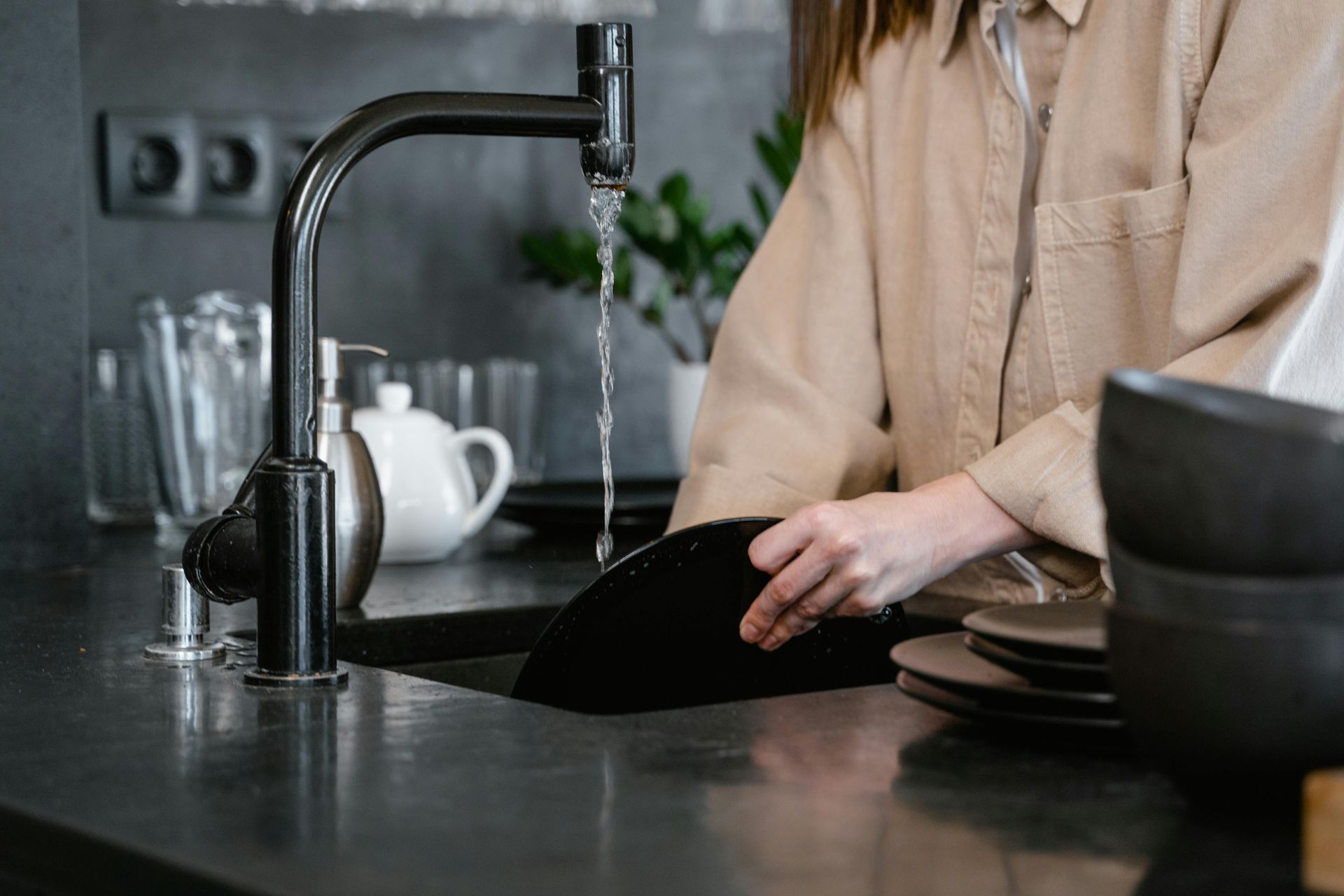
How Does Hard Water Affect Homes in Chicago?
Living in a city with hard water like Chicago can lead to a range of minor but noticeable issues, including:
- Mineral buildup on showerheads, faucets, and appliances
- Reduced efficiency of water heaters and dishwashers over time
- Spotting and film on glassware and dishes after washing
- Soap that lathers poorly, leading to increased soap usage
- Dry skin or hair for some individuals, especially with frequent washing
Though not harmful to human health, these effects can lead to higher maintenance needs in plumbing systems and appliances over time.
Is Chicago Tap Water Safe to Drink?
Yes. Despite its mineral content, Chicago tap water is safe and regularly tested to meet or exceed federal and state safety standards. The U.S. Environmental Protection Agency (EPA) and the Illinois Environmental Protection Agency (IEPA) both regulate and monitor water quality closely.
That said, while the water is safe to drink, its hardness may still affect taste, appliance longevity, and cleaning efficiency—factors that prompt many residents to explore water treatment or softening solutions.
Does Water Hardness Vary Across Chicago?
Most of Chicago and its surrounding suburbs receive water treated at one of the city’s two main plants, so hardness levels remain relatively consistent. However, certain suburbs may experience slightly higher or lower levels depending on:
- Local water main conditions
- Additional treatment by suburban distribution systems
- Plumbing age and materials within individual buildings
If you live in a suburb or multi-unit building, your exact water hardness level might vary slightly from the citywide average.
How Can You Know the Hardness of Your Water?
You can find water quality reports for Chicago on the City of Chicago Water Management website. These reports provide annual summaries of water composition, including hardness, pH, and mineral content.
Homeowners can also purchase at-home water test kits, which use simple test strips to measure hardness. These kits can help you better understand how hard your tap water is and whether it falls within the typical range for the city.
Final Thoughts
So, does Chicago have hard water? Yes—Chicago’s water is classified as hard, with average mineral content ranging between 130 and 150 ppm. While this level of hardness doesn’t pose a health risk, it can lead to scale buildup, appliance wear, and reduced efficiency in cleaning and bathing.
If you’re concerned about how Chicago water hardness may affect your home, Fly Plumbing can help you understand your options and ensure your plumbing system is protected from long-term mineral buildup.
Frequently Asked Questions
Is Chicago water considered hard or soft?
Chicago water is classified as hard, with an average hardness level of 130–150 ppm (7.6–8.8 grains per gallon), depending on the time of year and location.
What causes water hardness in Chicago?
Chicago’s water comes from Lake Michigan, which naturally contains dissolved minerals like calcium and magnesium—key contributors to water hardness.
Does hard water in Chicago affect plumbing or appliances?
Yes. Over time, hard water can cause mineral buildup in pipes, faucets, and appliances, potentially reducing efficiency and increasing maintenance needs.


